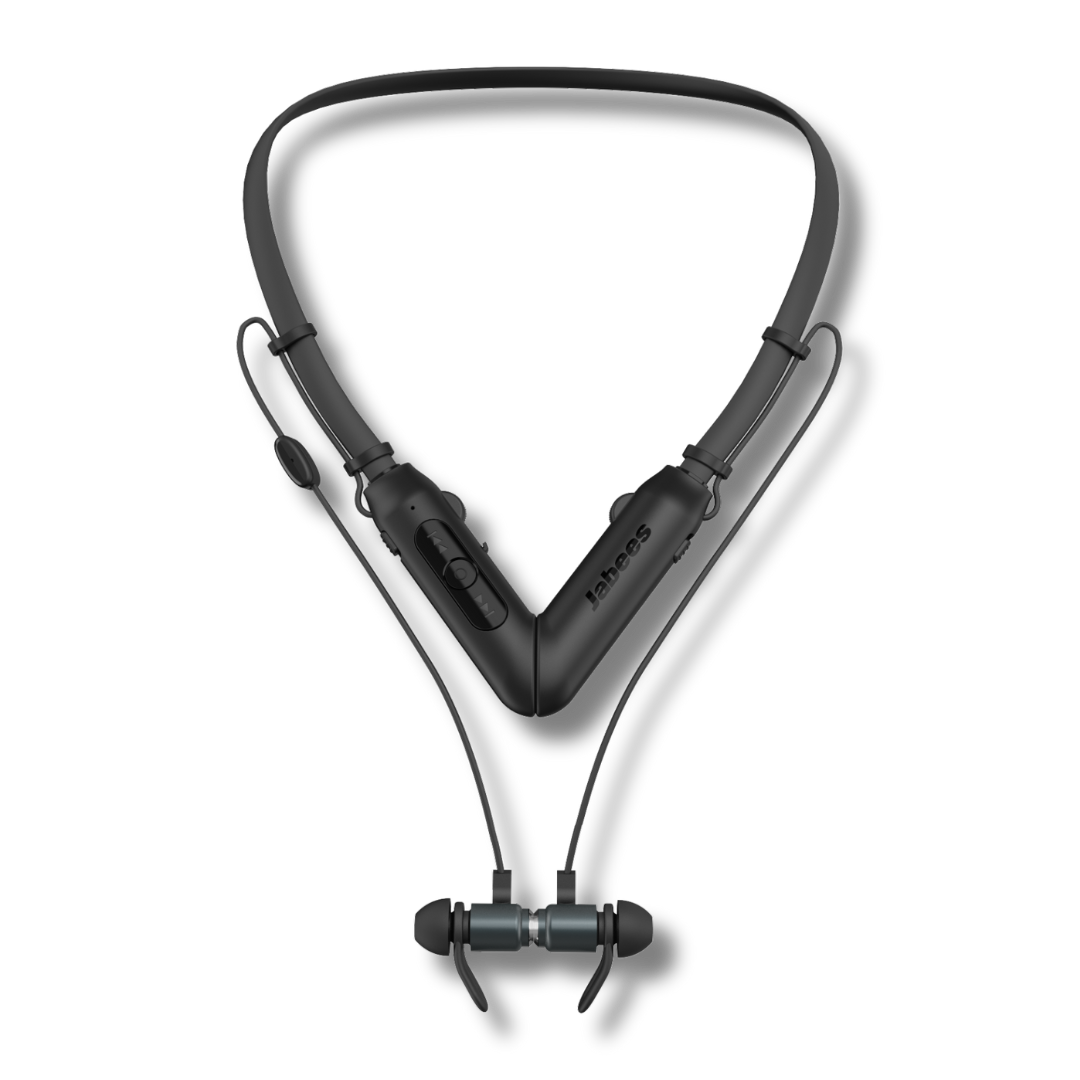When you think about hearing loss, it's a scary situation in the life of an individual especially if you experience it suddenly or you are just too young to have a hearing loss. According to NIDCD (National Institute on Deafness and Other Communication Disorder), approximately 15% of American adults (37.5 million) aged 18 and over report some trouble hearing and men are almost twice as likely as women to have hearing loss among adults aged 20-69. Many noticed the signs but didn't bother to acknowledge them until it became a more serious problem. There are also some individuals who choose to use Personal Sound Amplifiers first as they only have mild to moderate hearing problems.
What causes the Hearing Loss?
- It loses naturally as you get older and sometimes you notice it when you are in your 40s and others feel worse when they are in their 80s.
- You listen to music in a higher volume than the average level or you are constantly in an environment that is louder such as noisy motors or loud music at rock concerts, night clubs, discos and from stereos, likely it will damage your hearing. A continuous noise level of 85 dB will result in hearing damage and either cause permanent or temporary hearing loss.
- You may also lose your hearing due to viral infections, tumors, traumas and drugs or can be inherited, caused by illness or injury.
What are the early signs of Hearing Loss?
Children
- If your baby doesn't respond to loud noise, or turn their head to a sound (birth - 1 year)
- If there's a delay in speech than the other kids and there's a problem with the language development.
- If they prefer the TV in volume up high.
Parents should consult the audiologist if they have concerns about their child’s hearing. You may also ask if your child will need a hearing aid or there's another alternative.
Adult
- Having difficulty hearing the conversations and understanding the people you are talking to.
- Listening to sound or music (like TV, radio or music on the phone) louder than other people.
- Buzzing or ringing in their ears
- Constant frustration hearing speech and other sounds
- Always asking people to repeat themselves even when they are talking near you.
If you feel like all of them or experienced most of them you should consult your doctor to check your hearing.
Sometimes you might hear ringing in the ears, or it sounds like roaring, clicking, hissing, or buzzing, that is Tinnitus. According to NIDCD (National Institute on Deafness and Other Communication Disorder), "Tinnitus is not a disease. It is a symptom that something is wrong in the auditory system, which includes the ear, the auditory nerve that connects the inner ear to the brain, and the parts of the brain that process sound" It is a result of a number of health conditions, such as noise-induced hearing loss; ear and sinus infections; diseases of the heart or blood vessels; hormonal changes in women and thyroid abnormalities. If you experienced these symptoms consult your primary doctor they will first check your ear and if there's earwax blocking in your ear canal. If the problem is serious they will refer you to an ENT doctor who specializes in ear, nose, and throat.
Individuals who have mild to moderate hearing loss can try to use a Personal Sound Amplifier. Personal Sound Amplifiers or PSAPs are low-cost hearing devices compared to hearing aids. For better understanding, PSAPs are not a hearing aid, they are intended to amplify environmental sound for non - hearing-impaired consumers. BHearing by Jabees is a personal sound amplifier (PSAP) headphones with an App for customization. It works as a sound amplifier to help you understand conversation better in any environment. It's discreet, yet stylish. Perfect for all ages. Plus, with the BHearing App, the users can create a personalized hearing profile and control the noise and surrounding sound. It also has active noise cancellation with adjustable levels.


Don't disregard if you feel uncomfortable with your health, acknowledge it and resolve it by seeing a doctor. It is best to prevent any health problems as early as possible rather than to regret when they become worse. Remember as the saying goes, Health is Wealth.
References:
- https://www.nidcd.nih.gov/health/statistics/quick-statistics-hearing
- https://www.hear-it.org/Noise-and-hearing-loss
- https://www.hear-it.org/causes-of-hearing-loss
- https://www.healthdirect.gov.au/hearing-loss
- https://www.healthdirect.gov.au/hearing-loss
- https://www.nidcd.nih.gov/health/tinnitus


